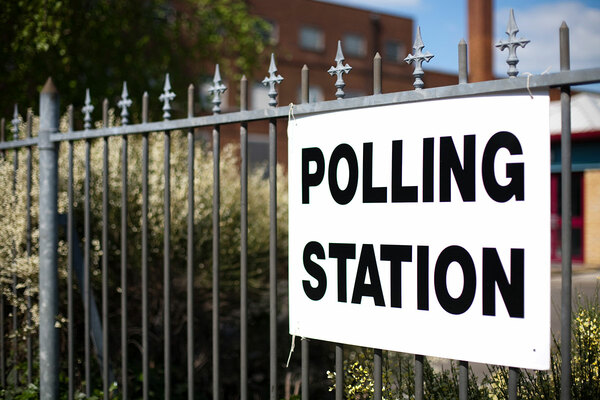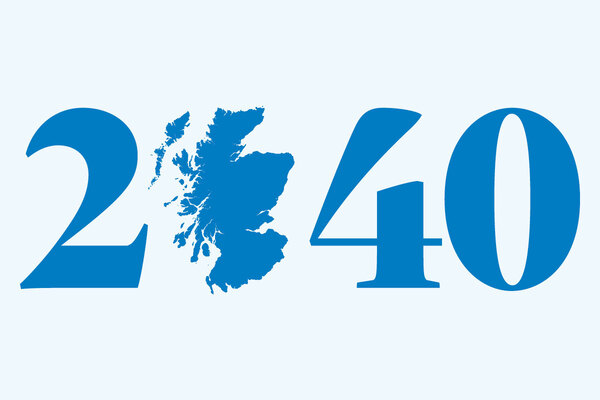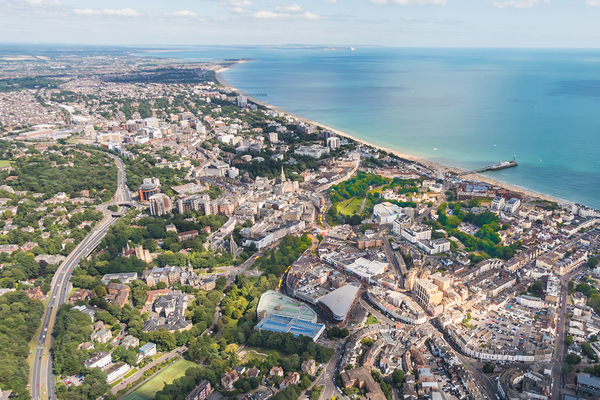Housing bodies in Scotland, Wales and Northern Ireland set out their election demands
Universal Credit reform is a top priority for housing bodies in Scotland, Wales and Northern Ireland, as the groups set out their demands for the next UK government.
Housing bodies in each of the devolved nations have said that changes must be made to the six-benefits-in-one system and have repeated the six asks put forward by the UK’s four housing federations earlier this year.
These asks include an end to the five-week waiting period, more data-sharing between the Department for Work and Pensions and social landlords, and increased funding for support and advice.
Community Housing Cymru, the body that represents Welsh housing associations, is also asking political parties to prioritise investment in social and affordable housing, and, in the event of Brexit, to ensure regional investment made by the European Union in communities across Wales is protected and replaced.
The Scottish Federation of Housing Associations is calling on all parties to tackle fuel poverty and make warm, energy-efficient homes a priority by taking steps to reduce the cost of energy for tenants in remote communities and supporting smart grids and micro-renewables schemes.
It is also asking parties to commit to ensuring that the UK’s immigration system can continue to deliver labour supply where needed, in recognition of migrant house builders and caregivers who provide services to housing associations.
The Northern Ireland Federation of Housing Associations (NIFHA) would like to see legislation passed at Westminster to enable the reclassification of housing associations in Northern Ireland to be reversed.
In 2017, ministers in Scotland, Wales and England passed legislation to reverse the reclassification of housing associations as public sector organisations. However no such legislation has come forward in Northern Ireland, which has been without a functioning government for almost three years.
NIFHA is also asking the next UK government to pass legislation to extend welfare mitigations, which were first put in place by the Northern Ireland Executive in 2016 but are due to end in March 2020.













